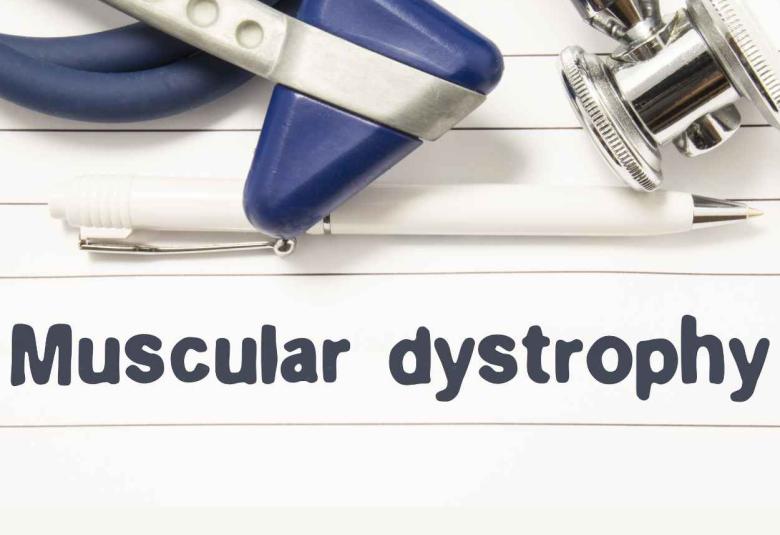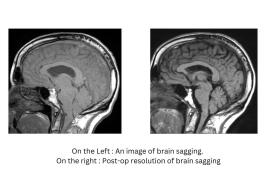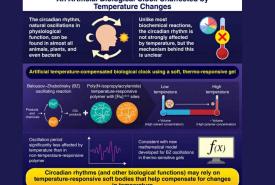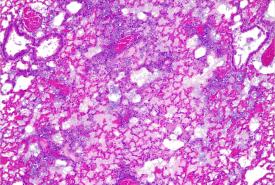Toxic protein linked to muscular dystrophy and arhinia
Researchers at the National Institutes of Health and their colleagues have found that a toxic protein made by the body called DUX4 may be the cause of two very different rare genetic disorders. For patients who have facioscapulohumeral muscular dystrophy (FSHD), or a rare facial malformation called arhinia, this research discovery may eventually lead to therapies that can help people with these rare diseases.


















